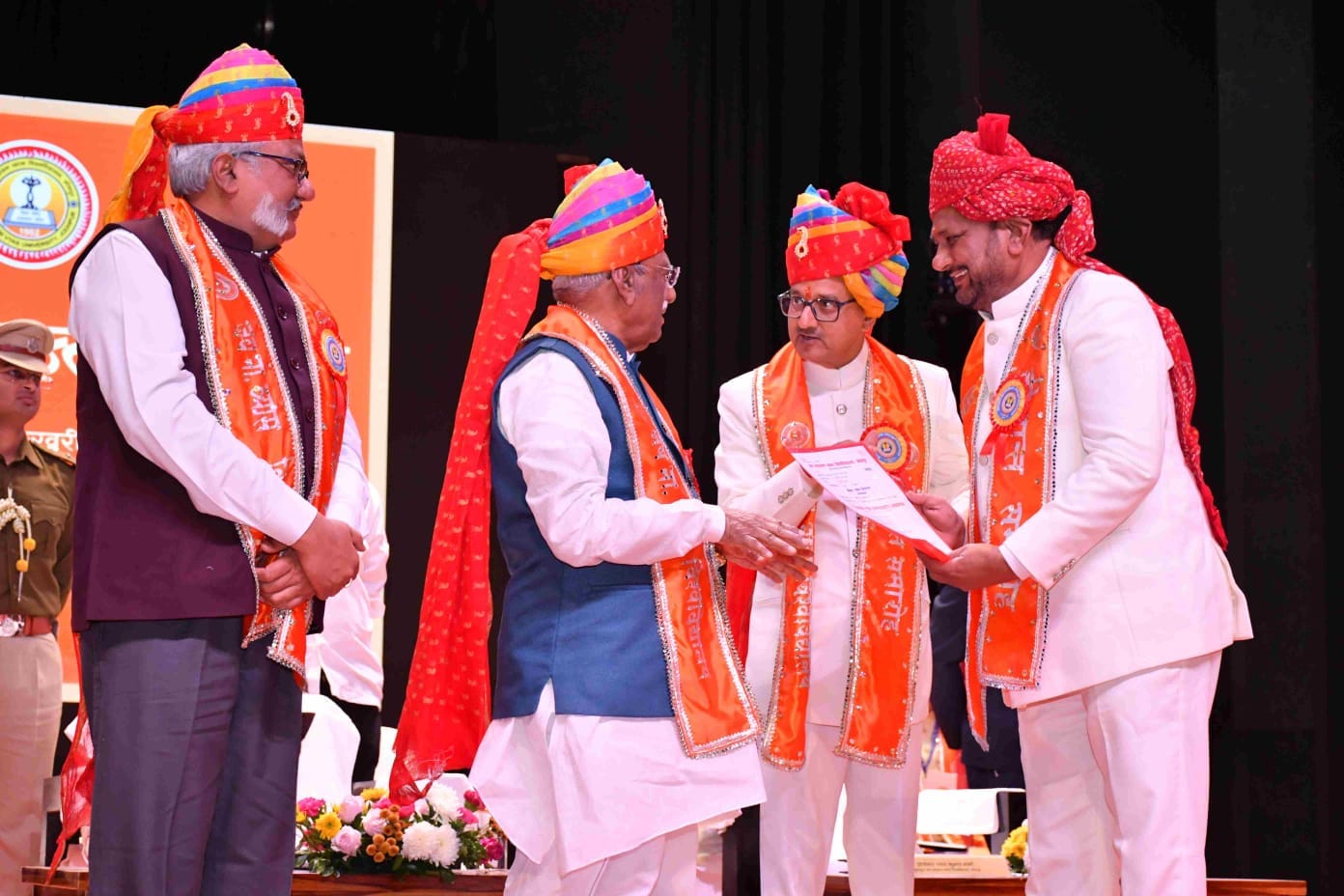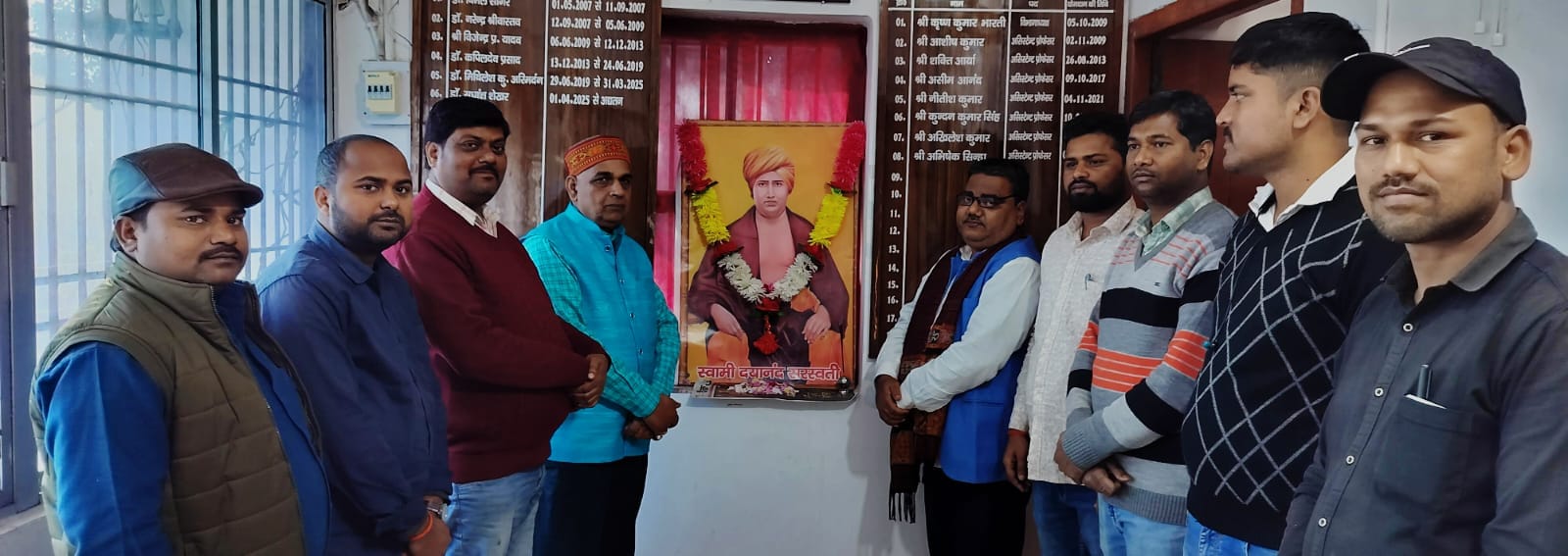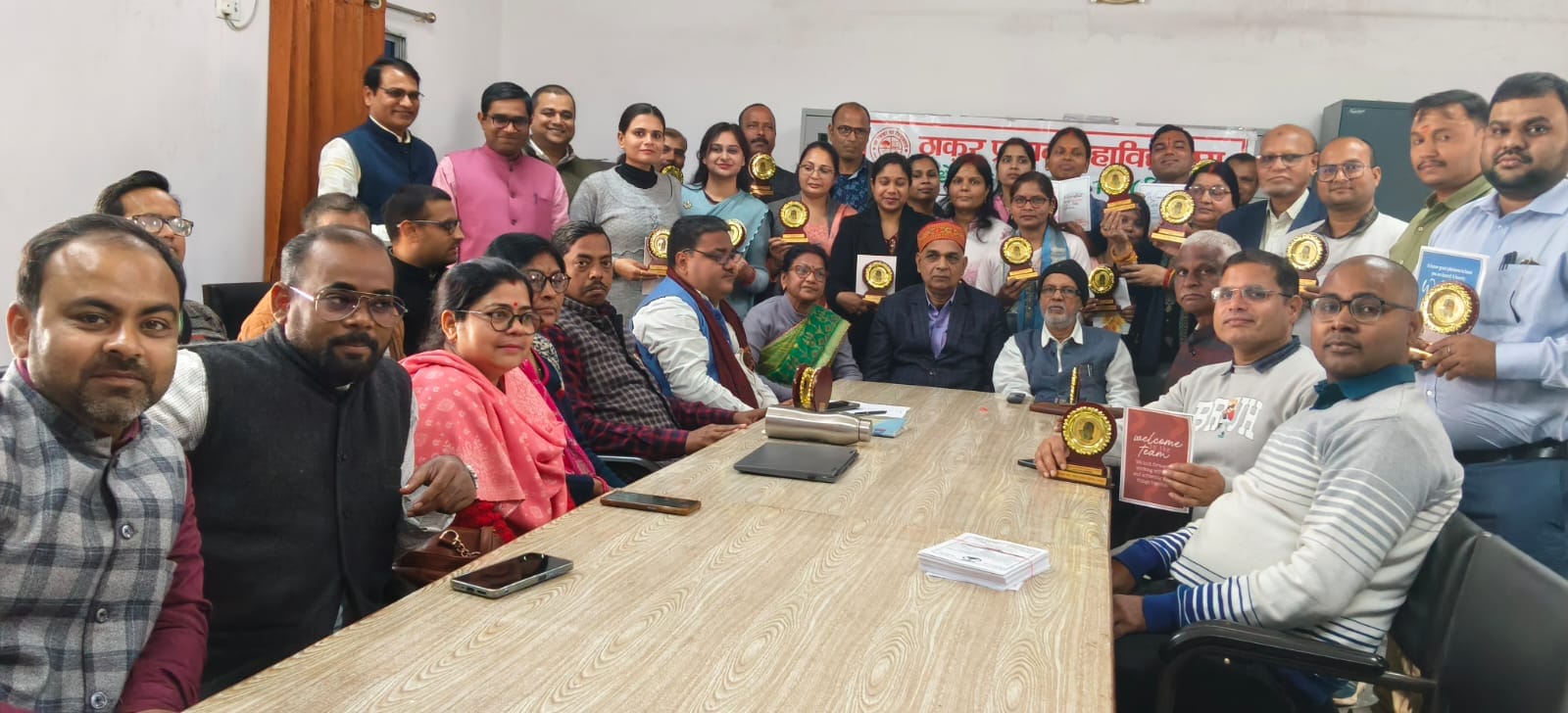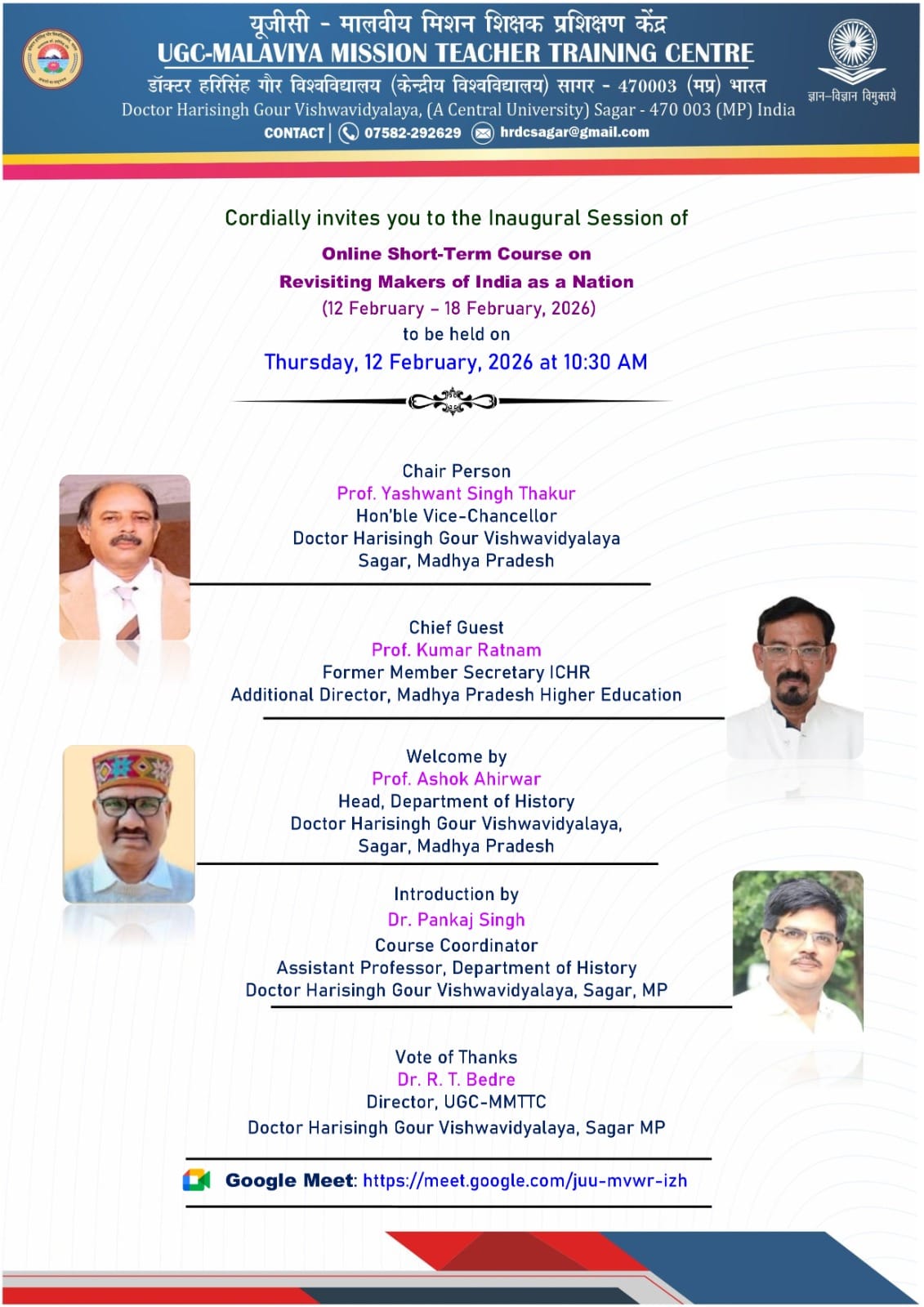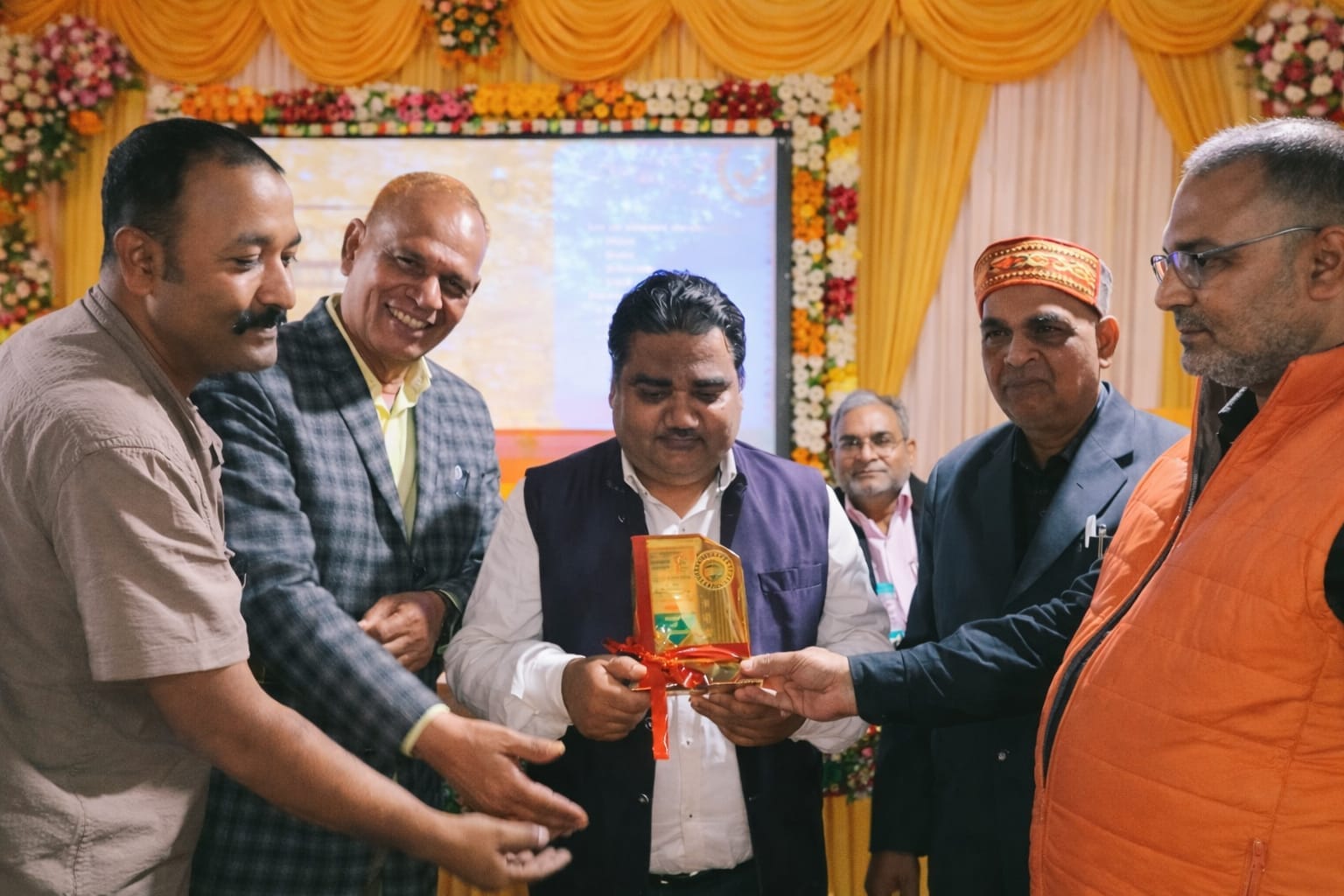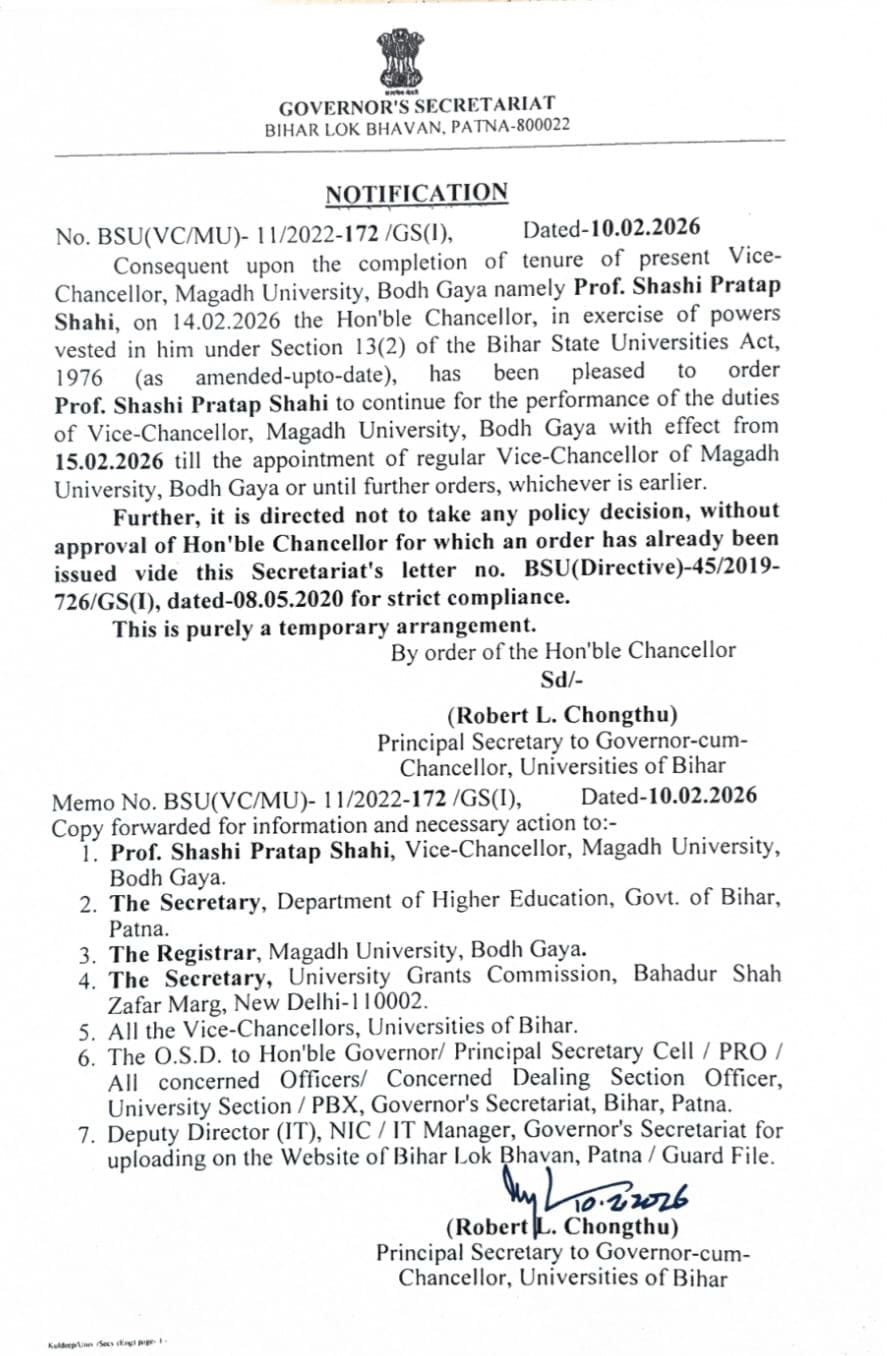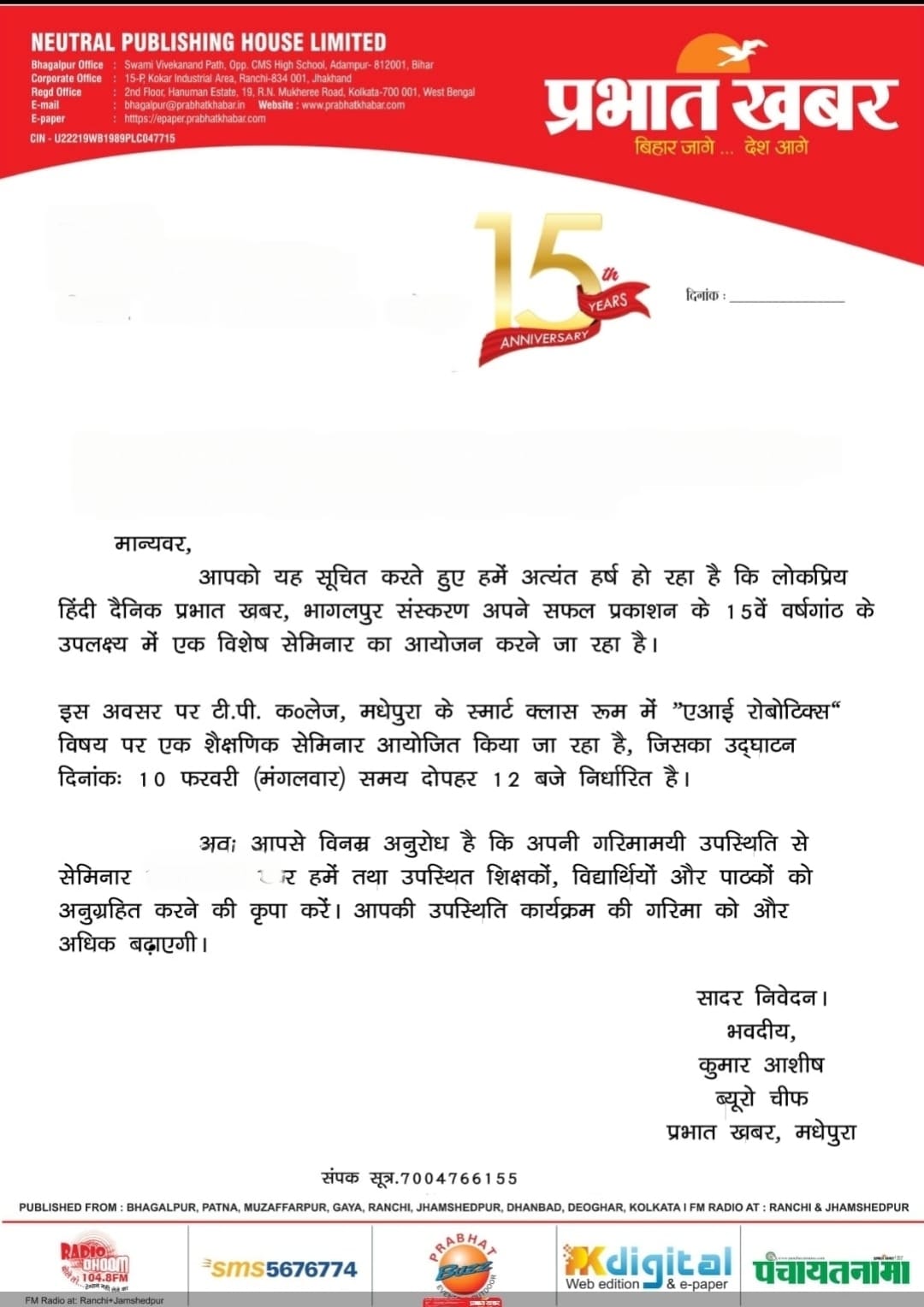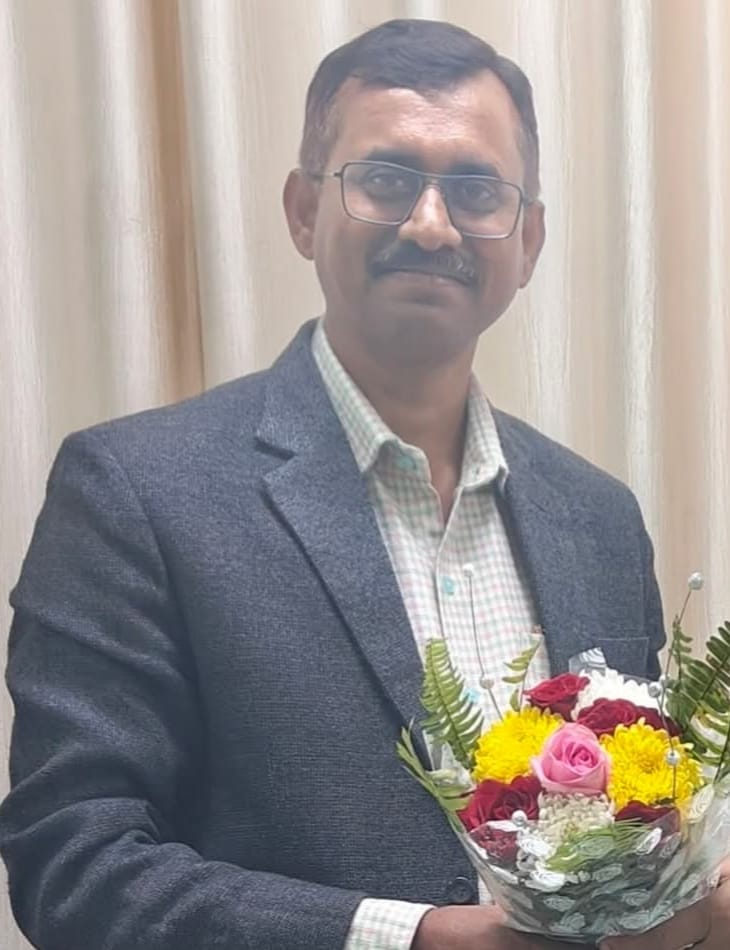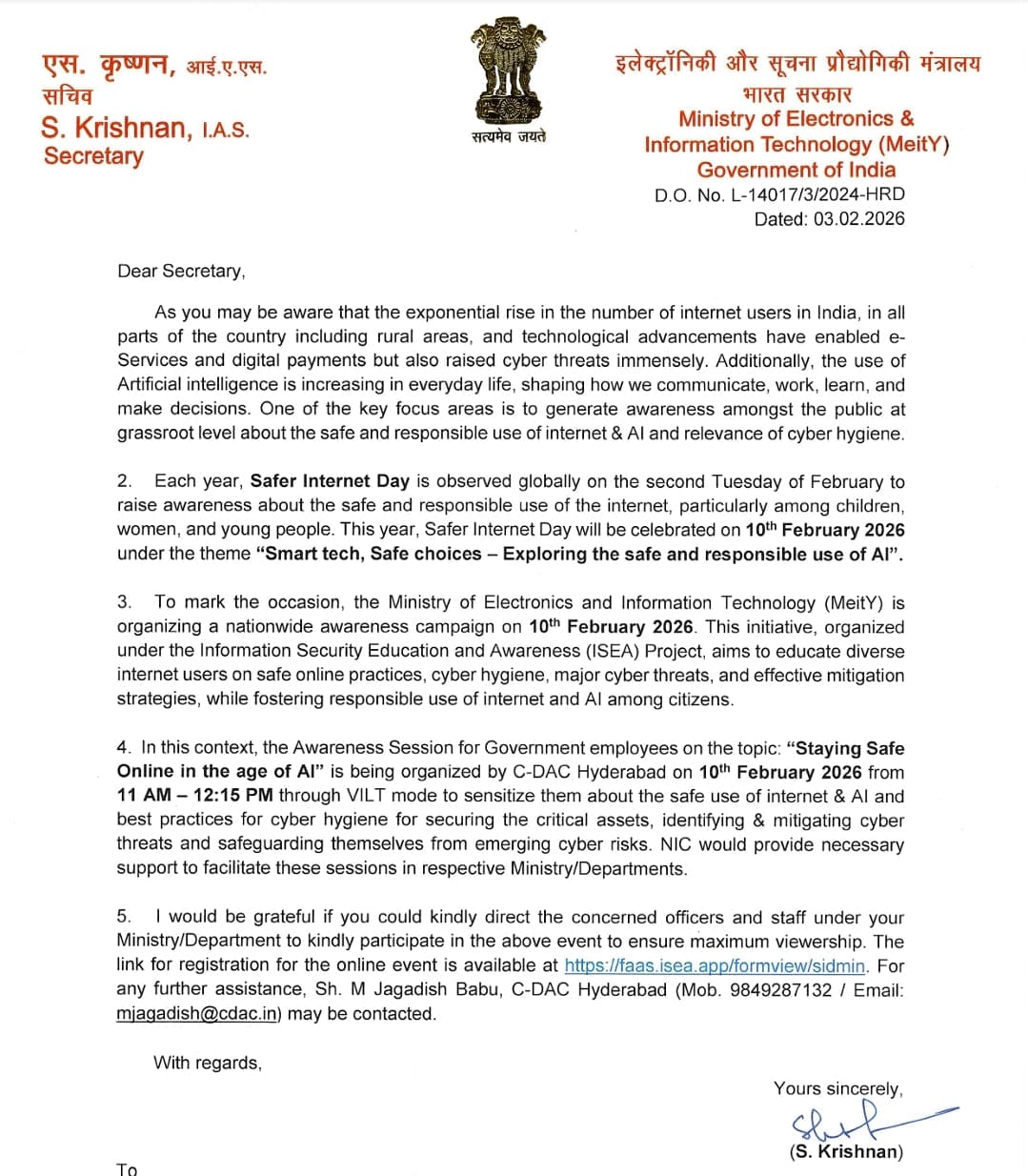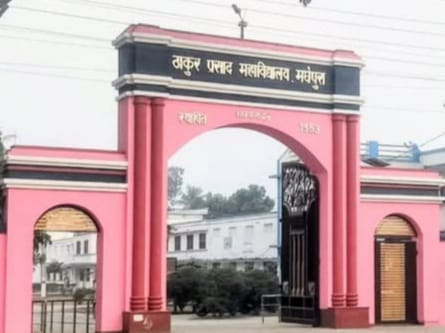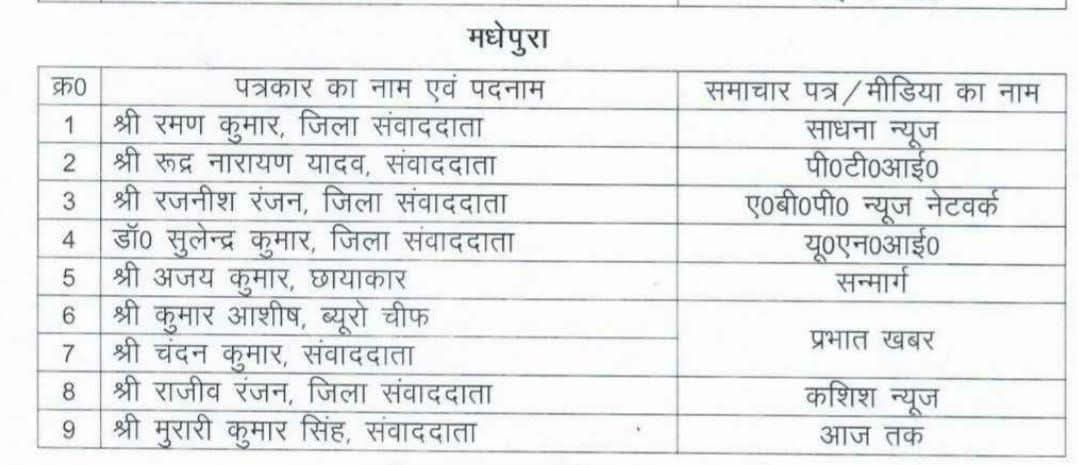New/Important Features of NEP
School Education
- Early Childhood Care Education:
- Universal provisioning of quality early childhood development, care, and education to be achieved by 2030, to ensure that all students entering Grade 1 are school ready.
- A National Curricular and Pedagogical Framework for Early Childhood Education (NCPFECE) for children up to the age of 8 will be developed by NCERT.
- Expansion and strengthening system of ECE institutions consisting of (a) stand-alone Anganwadis; (b) Anganwadis co-located with primary schools; (c) pre-primary schools/sections covering at least age 5 to 6 years co-located with existing primary schools; and (d) stand-alone pre-schools.
- Prior to the age of 5 every child will move to a “Preparatory Class” or “Balavatika” (that is, before Class 1)
- Attaining Foundational Literacy and Numeracy:
- Highest priority of the education system will be to achieve universal foundational literacy and numeracy at primary level by 2025.
- A National Mission on Foundational Literacy and Numeracy (FLN) will be set up on priority. Teacher education and the early grade curriculum will be redesigned to emphasis on FLN.
- To ensure that all students are school ready, an interim 3-month play-based ‘school preparation module’ for all Grade 1 students, will be developed by NCERT and SCERTs.
- A national repository of high-quality resources on FLN will be made available on the Digital Infrastructure for Knowledge Sharing (DIKSHA).
- A National Book Promotion Policy will be formulated.
- Public and school libraries/Digital will be expanded to build a culture of reading across the country.
- Curriculum and Pedagogy:
- A new developmentally-appropriate curriculum and pedagogical structure for school education based on principles of brain development and learning has been proposed on a 5 + 3 + 3 + 4 design. This design, consists of the Foundational Stage (3 years of preschool + Grades 1-2, covering ages 3-8), Preparatory Stage (Grades 3-5, covering ages 8-11), Middle School Stage (Grades 6-8, covering ages 11-14), and High School or Secondary Stage (Grades 9-12 in two phases, i.e., 9 and 10 in the first and 11 and 12 in the second, covering ages 14-18), respectively.
- The formulation of a new and comprehensive National Curricular Framework for School Education, NCFSE 2020-21, will be undertaken by the NCERT . Overall thrust of curriculum and pedagogy reform to move towards real understanding and learning how to learn – and away from the culture of rote learning.
- The NCERT and NCTE will develop guidelines for the education of gifted children. B.Ed. programmes may also allow a specialization in the education of gifted children
- The curricula will be based on flexibility, so that learners may choose their learning trajectories and programmes, and thereby choose their own paths in life according to their talents and interests.
- There will be no hard separations between arts and sciences, between curricular and extra-curricular activities, between vocational and academic streams, etc. in order to ensure the unity and integrity of all knowledge and to eliminate harmful hierarchies among, and silos between, different areas of learning.
- Thus, it will ensure equal emphasis on all subjects – science, social sciences, art, languages, sports, mathematics – with integration of vocational and academic streams in school.
- The curriculum will integrate Indian culture and ethos at all levels.
- Bagless days will be encouraged throughout the year for various types of enrichment activities involving arts, quizzes, sports, and vocational crafts.
- Curriculum content will be reduced in each subject to its core essentials, and make space for critical thinking and more holistic, inquiry-based, discovery-based, discussion-based, and analysis-based learning.
- Experiential learning will be adopted at each stage and will include hands-on learning, arts-integrated and sports-integrated education, story-telling-based pedagogy, among others, as standard pedagogy
- The report card will be a holistic, 360-degree, multidimensional report that reflects in great detail the progress as well as the uniqueness of each learner in the cognitive, affective, socio-emotional, and psychomotor domains. It will include self-assessment and peer assessment, and progress of the child in project-based and inquiry-based learning, quizzes, role plays, group work, portfolios, etc., along with teacher assessment. The holistic report card will form an important link between home and school, and will be accompanied by parent-teacher meetings in order to actively involve parents in their children’s holistic education and development.
- Setting up of The National Assessment Centre ‘PARAKH’(Performance, Assessment, Review and Analysis of Knowledge for Holistic Development) to promote competency-based, learning and development for students, and tests higher-order skills, such as analysis, critical thinking, and conceptual clarity.
- Sports-integrated learning will be undertaken in classroom transactions to help students to adopt fitness as a lifelong attitude and to achieve the related life skills along with the levels of fitness as envisaged in the Fit India Movement.
- All students will take school examinations in Grades 3, 5, and 8 also, which will test achievement of basic learning outcomes, and application of knowledge in real-life situations.
- The Board exams for Grades 10 and 12 will be continued. However, Board exams will be made ‘easier’, as they will test primarily core capacities/competencies rather than months of coaching/memorization
- Curtailing Dropout Rates and Ensuring Universal Access:
- NEP aims to achieve 100% Gross Enrollment Ratio in school education by 2030 through various measures.
- Alternative and innovative education centers in cooperation with civil society will be promoted to ensure that children of migrant labourers, and other children who are dropping out of school due to various circumstances, are brought back into mainstream education.
- To achieve universal participation in school by carefully tracking students, as well as their learning levels, in order to continually work towards ensuring that they a) are enrolled in and attending school, and b) have suitable opportunities to catch up and re-enter school in case they have fallen behind or dropped out.
- Scope of school education will be broadened to facilitate multiple pathways to learning involving both formal and non-formal education modes. NIOS and State Open Schools will also offer levels that are equivalent to the formal school system.
- A simple but energizing breakfast in addition to midday meals will be provided. In locations where hot meals are not possible, a simple but nutritious meal, e.g., groundnuts/chana mixed with jaggery and/or local fruits may be provided.
- The nutrition and health (including mental health) of children will be addressed, through healthy meals and regular health check-ups, and health cards will be issued to monitor the same.
- Equitable and Inclusive Education:
- It aims to ensure that no child loses any opportunity to learn and excel because of the circumstances of birth or background. Special emphasis will be given on Socially and Economically disadvantaged Groups.
- A separate Gender Inclusion fund will be created as also Special Education Zones for disadvantaged regions. Special Education Zones (SEZ) in Aspirational districts and other disadvantaged areas proposed to focus on geographic areas with low student achievements with provision for reduced PTR in SEZs.
- Expanded opportunity for attaining higher education to bring SC/ST/OBC and SEDG students at par with the rest of India and scope created for 4 Crore new students by 2030. Requirements for schools proposed to be made less restrictive to allow alternative models.
- Support for children with special needs including recruitment of counsellors in school clusters and complexes.
- Kasturba Gandhi Balika Vidyalayas will be strengthened and expanded to increase the participation in quality schools (up to Grade 12)
- Emphasis on Multilingualism and the power of Language.
- The medium of instruction until at least Grade 5, but preferably till Grade 8 and beyond, will be the home language/mother tongue/local language/regional language.
- Teacher Recruitment and Career Path:
- Teachers will be recruited through robust, transparent processes. Promotions will be merit-based, and a mechanism for multi-source periodic performance appraisals will be in place.
- A technology-based comprehensive teacher-requirement planning forecasting exercise will be conducted by each State to assess expected subject-wise teacher vacancies over the next two decades.
- Progression paths to become educational administrators or teacher educators will be available for the teachers
- Teacher Eligibility Tests (TETs) will be strengthened and extended to cover pre-primary to grade 12 teachers, in both public and private schools.
- Each teacher/Principal will be expected to participate in at least 50 hours of CPD opportunities every year driven by their own interests.
- A common guiding set of National Professional Standards for Teachers (NPST) covering expectations of the role of the teacher at different levels of expertise/stage, and the competencies required for that stage will be developed by 2022, by the NCTE.
- Teacher Education:
- Teacher education will gradually be moved by 2030 into multidisciplinary colleges and universities. As colleges and universities all move towards becoming multidisciplinary, they will also aim to house outstanding education departments that offer B.Ed., M.Ed., and Ph.D. degrees in education.
- By 2021, a new and comprehensive National Curriculum Framework for Teacher Education, NCFTE 2021, will be formulated by the NCTE in consultation with NCERT.
- By 2030, the minimum degree qualification for teaching will be a 4-year integrated B.Ed. degree that teaches a range of knowledge content and pedagogy, and includes strong practicum training in the form of student-teaching at local schools.
- The Regulatory System shall be empowered to take stringent action against substandard and dysfunctional teacher education institutions (TEIs) that do not meet basic educational criteria, after giving one year for remedy of the breaches.
- All fresh Ph.D. entrants, irrespective of discipline, will be required to take credit-based courses in teaching/education/pedagogy/writing related to their chosen Ph.D subject and will also have a minimum number of hours of actual teaching experience.
- School Governance:
- Schools can be organized into school complexes or a cluster of schools or any innovative mechanism developed by the State and UT, which will be the basic unit of governance and administration that will ensure availability of all resources including infrastructure, like academic libraries and human resources e.g. art and music teachers along with a strong professional teacher community.
- Every State/District will be encouraged to establish “Bal Bhavans” as a special daytime boarding school, to participate in art-related, career-related, and play-related activities.
- The unutilized capacity of school infrastructure will be used to promote social, intellectual, and volunteer activities for the community and to promote social cohesion during non-teaching / schooling hours and may be used as a “Samajik Chetna Kendra”.
- Regulation of Schools:
- Regulation and operations of schools will be carried out by separate bodies to eliminate conflicts of interest. It is envisaged to have clear, separate systems for policy making, regulation, operations and academic matters. Department of School Education, which is the apex state-level body in school education, will be responsible for overall monitoring and policymaking.
- The educational operations and service provision for the public schooling system of the whole State will be handled by the Directorate of School Education (including the offices of the DEO and BEO, etc.).
- To ensure that all schools follow certain minimal professional and quality standards, States/UTs will set up an independent, State-wide, body called the State School Standards Authority (SSSA) for the State/UT.
- The SSSA will establish a minimal set of standards based on basic parameters (namely, safety, security, basic infrastructure, number of teachers across subjects and grades, financial probity, and sound processes of governance), which shall be followed by all schools. Transparent public self-disclosure of all the basic regulatory information, as laid down by the SSSA, will be used extensively for public oversight and accountability.
- Public and private schools (except the schools that are managed/aided/controlled by the Central government) will be assessed and accredited on the same criteria, benchmarks, and processes,
- Feedback from randomly selected students will be solicited online to ensure valuable input at regular intervals. Technology will be employed suitably to ensure efficiency and transparency in all work of the SSSA.
- The SCERT will develop a School Quality Assessment and Accreditation Framework (SQAAF) through wide consultations with all stakeholders.
- Expansion of Vocational Education :
- Vocational exposure at early ages in middle and secondary school, quality vocational education will be integrated smoothly into higher education It will ensure that every child learns at least one vocation and is exposed to several more. This would lead to emphasising the dignity of labour and importance of various vocations involving /Indian arts and artisanship.
- Every child to learn at least one vocation and exposed to several more. Sampling of important vocational crafts, such as carpentry, electric work, metal work, gardening, pottery making, etc., as decided by States and local communities during Grades 6-8.
- A 10-day bagless period sometime during Grades 6-8 to intern with local vocational experts such as carpenters, gardeners, potters, artists, etc.
- ‘Lok Vidya,’ i.e., important vocational knowledge developed in India, will be made accessible to students through integration into vocational education courses. The possibility of offering vocational courses through ODL mode will also be explored.
- Adult Education:
- An adult education curriculum framework will be developed by a new constituent body of the NCERT that is dedicated to adult education.
- Quality technology-based options for adult learning such as apps, online courses/modules, satellite-based TV channels, online books, and ICT-equipped libraries and Adult Education Centres, etc. will be developed.
- Technology integration in Education:
- The thrust of technological interventions will be for the purposes of improving teaching-learning and evaluation processes, supporting teacher preparation and professional development, enhancing educational access, and streamlining educational planning, management, and administration including processes related to admissions, attendance, assessments, etc.



